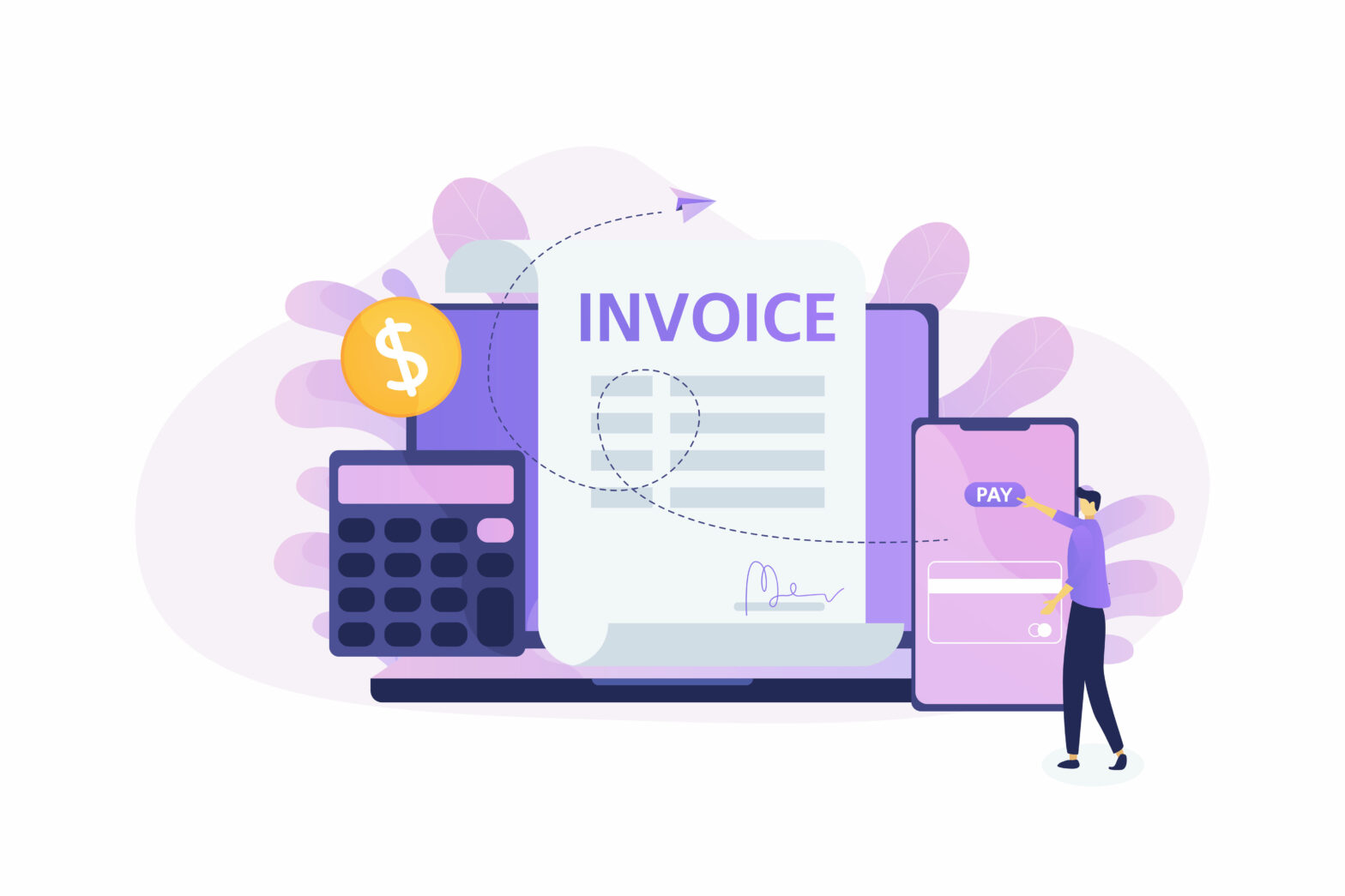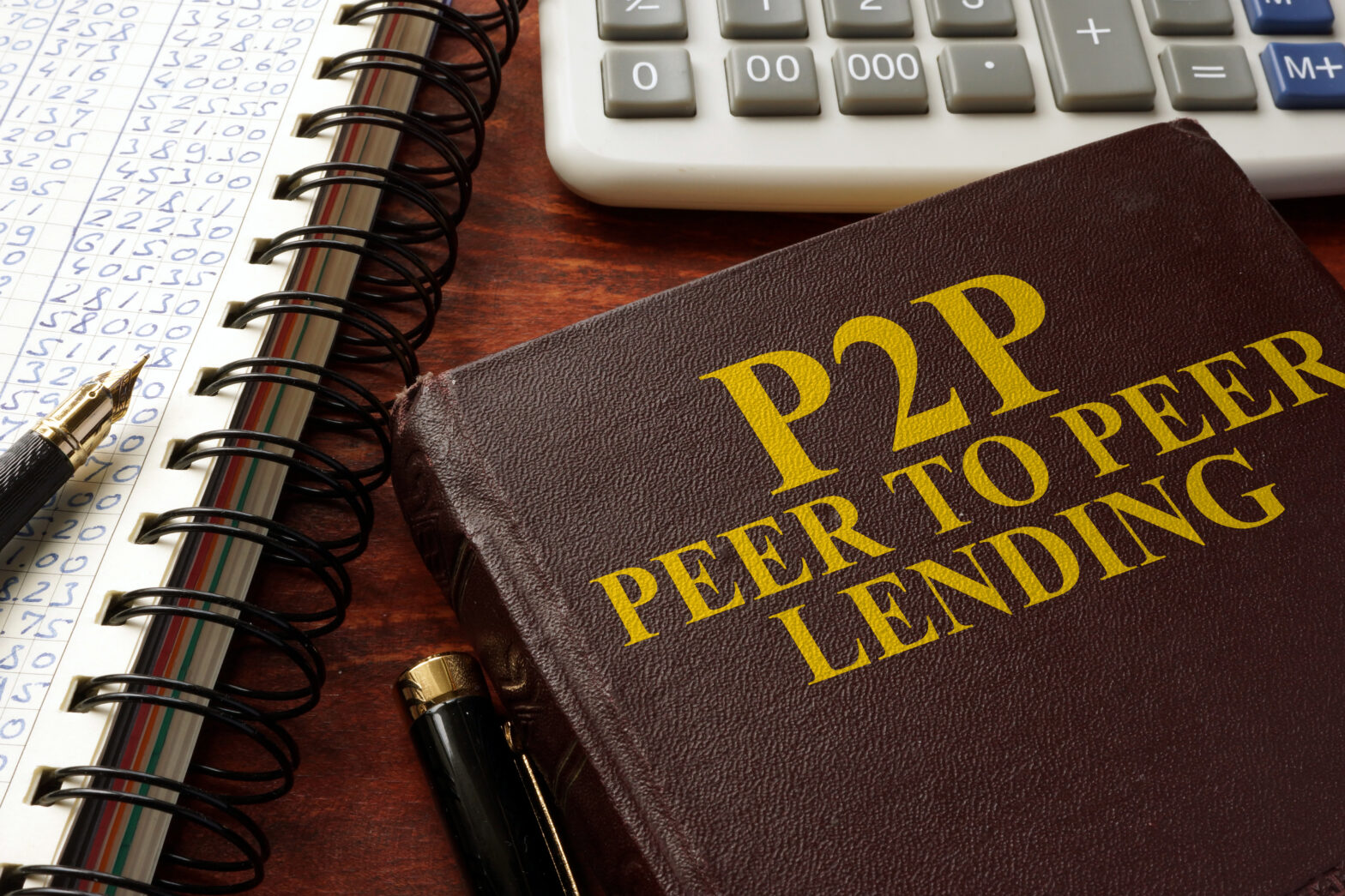Should businesses account for VAT on their crowdfunding? Despite this question being a hot topic of conversation in recent years, the relationship between VAT and crowdfunding is still very much a grey area that causes confusion for many people.
Crowdfunding has been around in some way, shape or form for centuries, from Alexander Pope taking advance subscriptions for translating Homer’s Iliad from Greek into English, to Joseph Pulitzer launching a fundraising campaign in the New York World to pay for a plinth for the Statue of Liberty.
These days, crowdfunding outside of the charity sector can be tracked back to 1997, when fans of the British band, Marillion, raised $60,000 to enable it to tour the US.
Taking inspiration from their fans, the band then funded their 2001 album, Anoraknophobia, by asking people to buy it before it had been recorded. All of this activity was carried out through internet campaigns, providing widespread inspiration and laying the foundations for many of the crowdfunding platforms that are available today.
Crowdfunding in the 21st century
As the internet has grown in popularity, so too has modern crowdfunding. According to The World Bank, crowdfunding will reach $90 billion by 2020, a level that could be seen this year, if annual growth continues.
Crowdfunding is used for a wide variety of fund-raising activities, ranging from new business start-ups and property investing, to album, film and election campaign-funding (which currently includes funding for a fish finger to stand against Liberal Democrat leader, Tim Farron, in the General Election in June).
So, what does this all have to do with VAT?
In order to explain the connection between crowdfunding and VAT, we need to focus on the type of crowdfunding. There are two main types of crowdfunding available.
Type 1: Non-financial return
Donation-based
In these circumstances, contributors donate without being given anything in return because their payments are donations.
This activity sits outside the scope of VAT.
Reward-based
In return for funding, contributors are rewarded with non-financial compensation, such as goods or services, which could include a copy of the product that’s being promoted, access to a private concert, or even, a walk-on part in a film.
Rewards may differ, depending upon the amount of money that’s being contributed. Where goods are concerned, it’s important to note that distance selling thresholds also need to be considered. Conversely, it’s also possible for rewards to be more of a symbolic value and not reflect the level of contribution that’s been made.
This may have an effect on whether VAT should be accounted for.
Type 2: Financial return
Crowd investing
This is where contributors expect financial remuneration in exchange for their investment. This could take the form of income from future earnings; and/or investment into securities, such as shares or bonds issued by the person/company who launched the funding campaign.
Such investing is likely to be exempt from VAT by virtue of Article 135 (1) of the VAT Directive however, any shares in the IP or royalty payments received by investors are subject to VAT.
Crowd lending
Here, contributors act as lenders and the person/company who set up the campaign are the borrowers.
Recipients are expected to repay the money to the contributors, often at a fixed interest rate. Some debt crowdfunding is interest-free or carries low interest rates, particularly when lending to social enterprises is involved, while others set the rate at a commercial level.
This form of lending is exempt from VAT, again by virtue of Article 135 (1) of the VAT Directive.
So, in relation to the question that was posed at the very start of this article, ‘Should businesses account for VAT on their crowdfunding?’, the answer very much depends on the circumstances at hand and the type of crowdfunding that’s taking place.
Broadly speaking, there are elements of the funding that, by law, sit outside the scope of or are exempt from VAT however, there are certain situations when VAT should be factored in, such as rewards-based funding, IP shares and royalty payments.
As new and exciting an area of finance crowdfunding might be, it’s an area that raises a range of VAT-related queries. My advice to potential crowdfunders would be to take the time to understand the many VAT-related issues that exist before embarking on the process – it’ll ensure there’s no room for any confusion plus, you’ll reduce the risk of receiving any sudden penalty surprises from HMRC too.
Gavin Barker is the UK head of VAT at Ayming.





